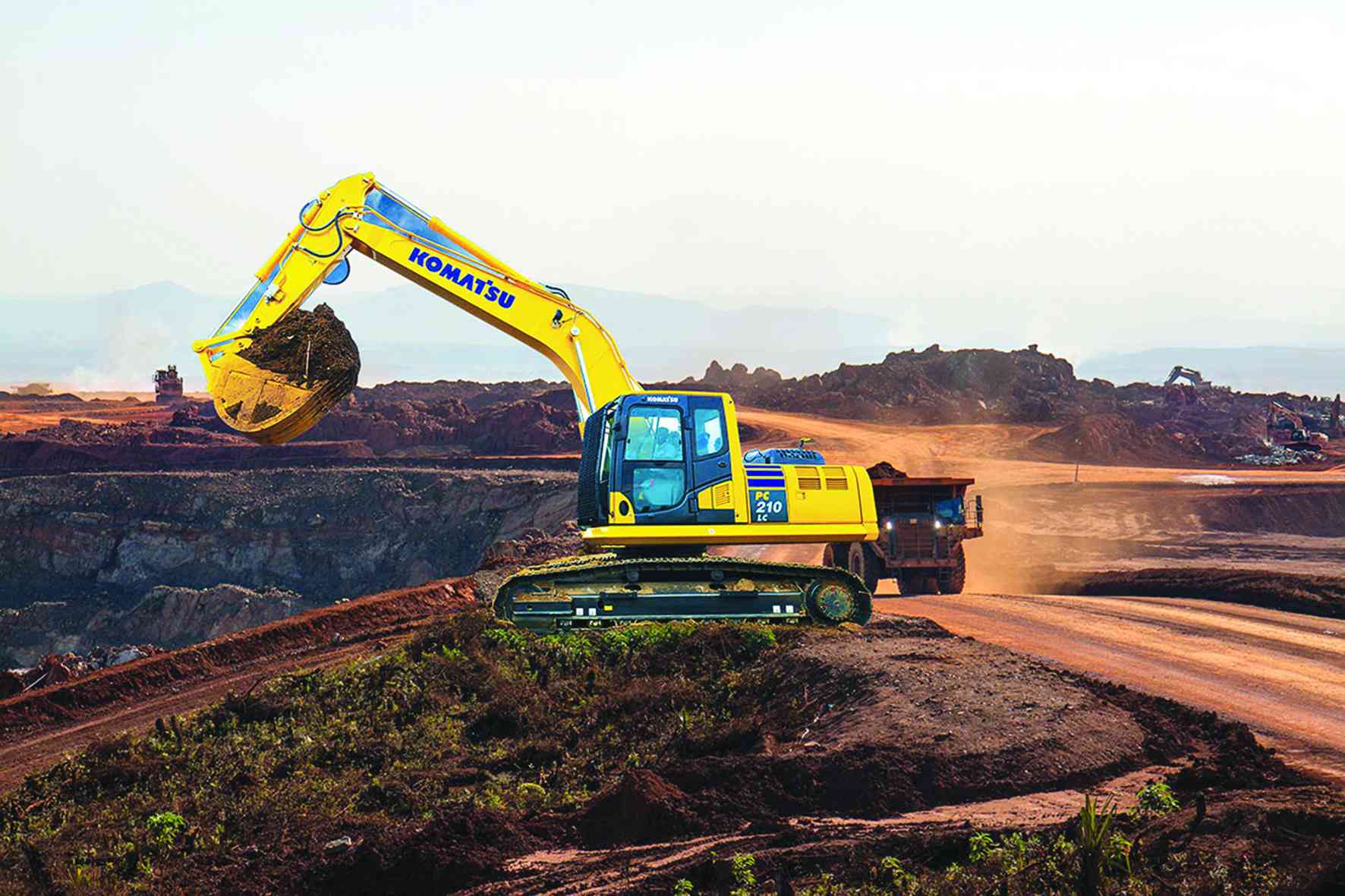
A CHINESE mining company has accused local businessman Tawanda Denhere of illegally seizing and refusing to return heavy equipment, including a multi-tonne crawler excavator, sparking a fierce ownership dispute.
According to court papers filed at the Harare Magistrates Court, ZHE LI Mining (Private) Limited and its business partner Wang Chunxi are seeking a court order compelling Denhere to release the excavator, which they claim was imported from China late last year and unlawfully taken over after a collapsed mining partnership in Bindura.
In a sworn affidavit, ZHE LI Mining’s business manager Hongliang Zhou said the company lawfully imported the excavator through Forbes Border Post on December 24, 2024. The filing includes customs receipts, invoices and import permits as proof of ownership.
The equipment was later leased to Chunxi for four months at US$2 600 per month, under a formal contract dated April 4, 2025.
However, within weeks, Chunxi allegedly entered a joint venture with Denhere, who, according to the affidavit, “falsely represented himself as a legitimate miner operating at Avic Farm in Bindura”.
Acting on that assurance, the excavator was moved to the site, only for Chunxi to later discover that Denhere had no legal mining claim to the property.
“The respondent misrepresented himself and caused the second applicant to believe that he was in the mining industry,” Zhou stated.
“Upon arrival, the applicants realised the respondent was lying. He had no mining licence, no environmental clearance, and was conducting illegal mining.”
- Fierce dispute erupts over mining equipment
Keep Reading
Authorities later raided the Bindura site and arrested Chunxi for illegal mining, leaving the excavator in Denhere’s custody.
Since then, ZHE LI Mining alleges Denhere has refused to return the equipment and continues to use it for personal gain, and is “attempting to embezzle our equipment”.
The company’s lawyers, Makuwatsine Chirenje Attorneys, argue that Denhere’s continued possession of the excavator amounts to unlawful enrichment, insisting the applicants have shown “good and sufficient cause” for the court to compel its release.
“All efforts to recover the equipment have failed,” Zhou said.
“The respondent is refusing, neglecting and failing to give back property that clearly belongs to the applicants.”
The case has become a flashpoint in Zimbabwe’s mining sector, underscoring the legal and operational risks confronting investors attracted to the country’s vast mineral wealth.
“This case highlights the dangers of informal mining alliances and weak enforcement of property rights,” Harare-based economist Gift Mugano said.
“Foreign investors bring in millions worth of machinery, only to lose control once disagreements arise. That kind of uncertainty damages Zimbabwe’s credibility as an investment destination.”











